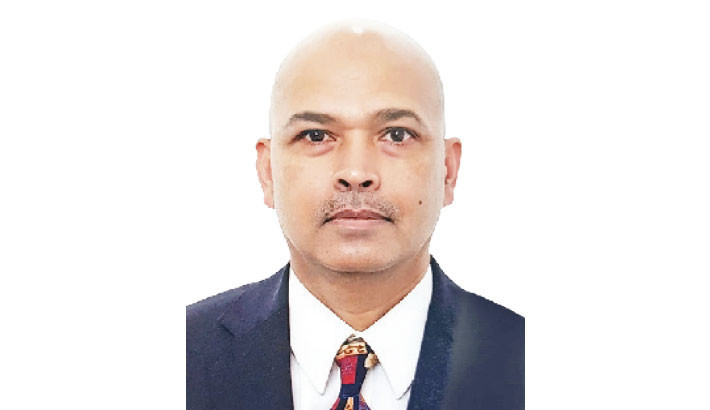
The vacuum created in the governance system after the fall of the Sheikh Hasina-led government due to the Anti-Discrimination Student Movement and the fled-away of Hasina herself has been largely filled by the formation of the interim government under the leadership of Professor Yunus. By now, the unrest that was seen in the entire country, the deterioration of the law and order situation, and the social chaos that was there have reduced a lot. Much of this chaos is the result of decades of misrule, especially of the previous government. A lot of it was probably deliberately created by people supported by the previous government. Some of the chaos was created directly by the most enthusiastic group who is the most aspirant to occupy the future seat of the government. But the interim government has been dealing with these problems consistently and persistently, and because of its own goodwill, it has been more or less successful in dealing with them. At least, it is not imposing any misrule for its own benefit.
Is there not any chaos in our society now? There is, but none of it was created by this government. Rather, all those were created either during the immediate past regime, or by the previous regimes. As this government is making efforts to resolve the disorder, the backlash in some cases is getting rather muddled. For example, the names of the previous government’s ministers-MPs and beneficiaries are squarely being given to the cases to try the murders and persecutions during the Anti-Discrimination Student Movement, and even the names of political opponents or ordinary businessmen and bureaucrats are being inserted in some cases. When initiatives were taken to prevent partisanship in the administration and to rehabilitate the unjustly deprived, many people who were either beneficiaries of the previous government or convicted of wrongdoing during that regime are lobbying the interim government for taking advantage. A similar situation is going on in the judiciary, business and in every other field. This means that we have been in a bad regime for a long time. Our mental make-up has become corrupted and polluted with such malpractices over time. Therefore, whenever we get the opportunity, we are abusing it.
The reform agenda of the interim government is therefore very important. As the political culture of all our parties is more or less the same, irrespective of the party in power, the common people hardly get benefits even if there is a change of power. Rather, parties take turns ensuring the benefits of their own people in their own time. Therefore, the reform should be such that under party rule, the country’s governance system does not only favour the ruling party people but ensures good governance. Whether the government changes or not, businessmen should be able to do business with certainty. Regardless of the change of government, the administration should not act in favour of any party, group or coterie.
Who will conduct the reforms? Such initiatives have been taken several times before but no reforms have been made or could sustain. The main reason for the failure of reform initiatives is that the very politicians did not want reforms. In fact, they overturn the reform. Appropriate reforms will only hurt their advantageous politics. So, who will formulate the reforms? Who will implement it? For the first time in Bangladesh, an opportunity has come before us. Now people from all walks of life, the silent majority, want reform. A corrupt and dictatorial government has been ousted through the movement. The government that has taken the seat has embarked on the work of reform by taking forward the hopes and aspirations of the people who participated in the last Anti-Discriminatory Mass Movement. The path to reforms is not easy. There is always a conflict with the established political trends. There is a clash with society that has been built over the years on the benefits of the corrupted system. As a result, the steps taken by the interim government are always facing challenges. But this is the opportunity. This is the first time that a government, organisationally very weak, is popular again. This is the first time that a government, that is constitutionally fragile, is acceptable to the people.
So, those who are interested in good governance should give appropriate and adequate time to this government. We should extend our wholehearted support. We must consolidate the opportunities that have come to us in fifty years of independence to form a just state. It is very hopeful for us that this government has received a positive response not only from the citizens but also from the international community. Maybe a neighbouring country has taken a hostile stance. If we persist in our reform efforts, if we can prove our intent, hopefully, that hostility will end too. However, no matter what level of hostility there is, if our desired reforms are achieved, no one’s hostility will cause any disturbance in the formation of our nation, in the business of our state, and in the management of our government. Such a Bangladesh of the future is now our dream.
__________________________________
The writer is a former Bangladeshi Ambassador

